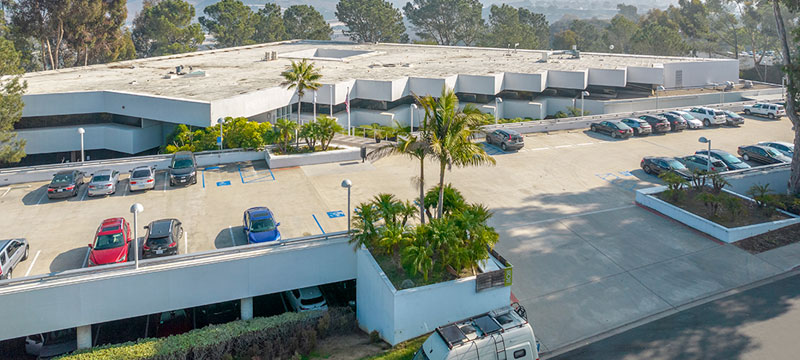SAN DIEGO, CA – July 15, 2020 - BioAtla, Inc., a global clinical-stage biotechnology company focused on the development of Conditionally Active Biologic (CAB) antibody therapeutics, today announced closing of a Series D financing round raising $72.5 million. The financing was led by Soleus Capital and joined by several new investors including HBM Healthcare Investments as co-lead, Cormorant Asset Management, Farallon Capital, Pappas Capital, funds managed by Janus Henderson, Boxer Capital, and one other institutional investor. Current investor Pfizer Ventures, the venture capital arm of Pfizer Inc. (NYSE: PFE), also participated in the financing.
"The funding provided by this group of highly respected investors strongly supports the execution of BioAtla’s current and future product and strategic plans. The proceeds of this financing greatly enhance our ability to design, implement, and execute clinical programs evolving from our CAB platform that uniquely yields tumor-targeting antibodies with the potential for an enhanced benefit risk profile" said Jay M. Short, Ph.D., chairman and chief executive officer of BioAtla. "We look forward to driving Phase 2 trials addressing high unmet medical needs in oncology for our innovative CAB-AXL-ADC (BA3011) and CAB-ROR2-ADC (BA3021) product programs, as well as advancing clinical studies for CAB-CTLA-4 (BA3071)," stated Scott Smith, president of BioAtla. "In addition, we are pursuing development of several T cell-recruiting CAB-bispecific candidates."
About Conditionally Active Biologics (CABs)
Conditionally Active Biologics are proteins generated using BioAtla’s proprietary protein discovery, evolution and expression technologies. These proteins can be monoclonal antibodies, enzymes and other proteins designed with functions dependent on changes in micro physiological conditions (e.g., pH level, oxidation, temperature, pressure, presence of certain ions, hydrophobicity and combinations thereof) both outside and inside cells.
Studies have shown that cancerous tumors create highly specific conditions at their site that are not present in normal tissue. These cancerous microenvironments are primarily a result of the well understood unique glycolytic metabolism associated with cancer cells, referred to as the Warburg Effect in aerobic cancer cells. CAB proteins are designed to deliver their therapeutic payload and/or recruit the immune response in specific and selected locations and conditions within the body and to be active only in the presence of a particular cellular microenvironment. In addition, the activation is designed to be reversible to repeatedly switch ‘on and off’ should the CAB move from a diseased to a normal cellular microenvironment and vice versa. CABs can be developed in a variety of formats, including antibodies, antibody drug conjugates (ADCs), bispecifics, chimeric antigen receptor T-cells (CAR-Ts) and combination therapies.
About BioAtla, Inc.
BioAtla is a global clinical-stage biotechnology company with operations in San Diego, California, and Beijing, China. BioAtla develops novel monoclonal antibody and other protein therapeutic product candidates designed to have more selective targeting, greater efficacy, and more cost-efficient and predictable manufacturing than traditional antibodies. BioAtla has two programs currently in Phase 1/2 clinical testing in the United States, BA3011, a novel conditionally active AXL-targeted antibody-drug conjugate (CAB-AXL-ADC), and BA3021, a novel conditionally active ROR2-targeted antibody-drug conjugate (CAB-ROR2-ADC). BioAtla’s investigational CAB CTLA-4 antibody, BA3071, is subject of a global co-development and collaboration agreement with BeiGene Ltd. for its development, manufacturing and commercialization. BA3071 is a novel, CTLA-4 inhibitor that is designed to be conditionally activated in the tumor microenvironment in order to reduce systemic toxicity and potentially enable safer combinations with checkpoint inhibitors such as BeiGene’s anti-PD-1 antibody, tislelizumab.
SOURCE: BioAtla
